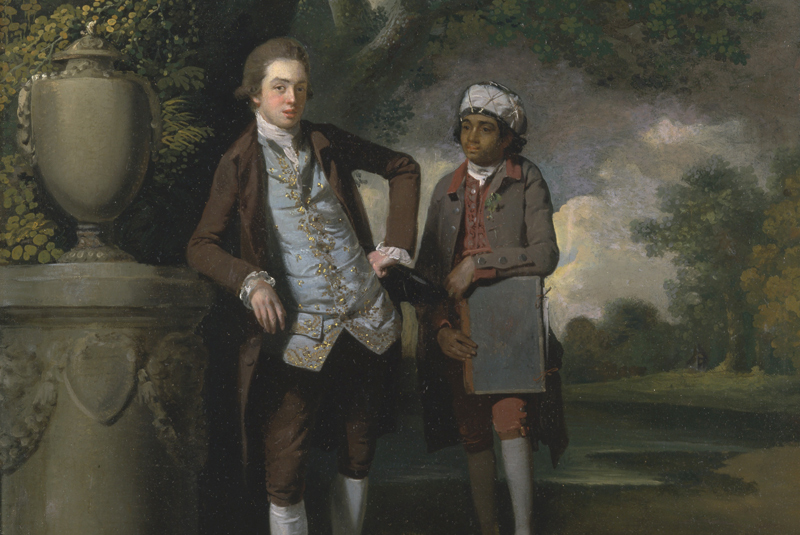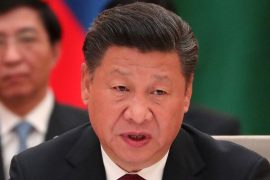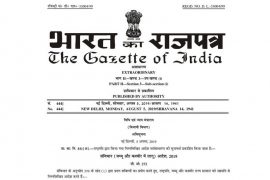The BBC’s latest offering, a pidgin digital service, has brought back an often unappreciated and creative turn of the English language. Pidgin may seem like nothing more than ‘broken’ English, but for centuries it was a vital communication tool between colonizers and the colonized.
In places like Hawaii, Pidgin became a common tongue for indentured labourers from China, Portugal, Japan, Korea, the Philippines and many other nations. It’s spoken by millions across the world, with most regions having their own local variant.
In India, it’s developed into what is called “Butler English”. An example of it is below, taken from a conversation between a maid and her mistress (published by the Central Institute of Indian Language):
I can tell. Cut nicely brinjal, little little piece. Ginger, garlic, chilly, red chilly, mustard and jeera all wanted. Grind it in the vinegar. No water. After put the oil. Then put it all the masala little little, slowly slowly, fry it nice nice. Smells coming, then you can put the brinjal – not less oil. Then after it cooking in the oil make it cold. Put it in the bottle.
Copyright©Madras Courier, All Rights Reserved. You may share using our article tools. Please don't cut articles from madrascourier.com and redistribute by email, post to the web, mobile phone or social media.Please send in your feed back and comments to [email protected]











